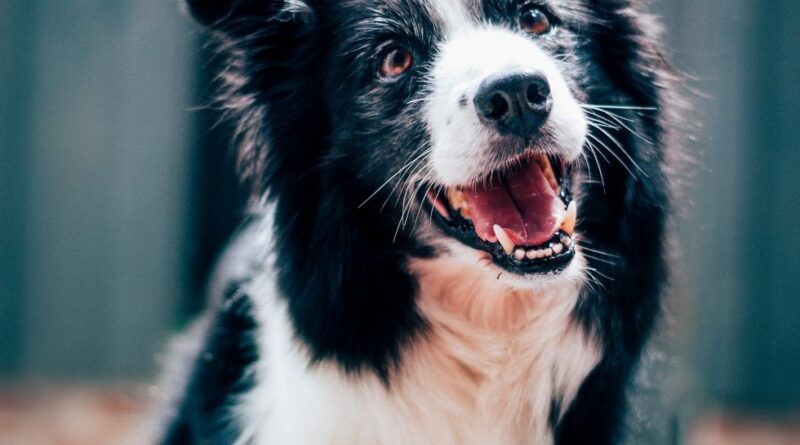Gen Zers in their 20s share the same old-age woes that we all relate to
Think about this.
You grew up loving animals – you’re the rare type of person who loves cats and dogs equally. You also love birds, lizards – everything that was important to find a place in the Ark.
So you decide to become a vet when you grow up so you can help as many as possible.
As a veterinarian, you can help many animals! But here are some things you deal with every day.
Abandoned, mistreated and abused pets. You know that horrible Sarah McLaughlin commercial about all the sad animals that haunt all our dreams? Imagine waking up and going to work and seeing that, or worse, every day.

Photo by Baptist Standaert on Unsplash
Owners who can’t or won’t get proper care for their pets. Pet care, including essential medications and surgeries, is very expensive. Someone might adopt a puppy because they can afford to feed it and get it vaccinated, but that doesn’t mean they have $10,000 to shell out for hip surgery a few years later, and like a doctor of animals you may have to watch the animal. apart from.
(Although it’s probably better when owners come in and want to help healthy pets out of a distraction.)
There is also the fact that many veterinarians have to perform euthanasia every day base – the sad reality of work.
All of these often had medical bills and made less than stellar wages.
Although these things are difficult, many veterinarians report that they are somehow very small parts of the daily life.
The worst thing that medical doctors deal with, however, is all people.
Unfortunately it is very common for pet owners to get angry about the cost of care and take it out on vets and their staff, accusing them of abuse and accusations of greed.
Cyberbullying is a big problem, too, as angry customers leave negative reviews and social media posts that doctors aren’t allowed to respond to due to privacy concerns.
From there, it is common for angry customers to make threats or turn violent against veterinarians.
The reality of the job is far from playing with puppies all day – often dealing with difficult, entitled or emotional owners.
So, it should come as no surprise that vets are facing a mental health crisis – but somehow they still are.

Photo by Jairo Alzate on Unsplash
When I heard that this is one of the industries with the highest rates of depression and suicide, I was completely shocked.
Of course, thinking about work problems is understandable.
But it is clear that this issue has not received enough attention.
A recent report from Australian dog food brand Royal Canin and the charity Love Your Pet, Love Your Doctor laid out some serious details:
Veterinarians were four times more likely to commit suicide than the general population, with 68% of vets surveyed having lost a colleague as a result. kill yourself.
Even at the least extremes, stress, anxiety, burnout, and depression in the industry is a disaster.
On top of that, the general public is unaware of how serious the problem is – almost 80% of Australians surveyed were completely unaware of mental health issues.
The problem is as bad as in the USA and in other parts of the World. But…
A report from the AVMA shows that things are getting (slightly) better. Knowing more people will help.

Photo by Simone Dalmeri on Unsplash
Although there is an underreported crisis, there are many groups fighting to make an impact here – dog food brands, non-profits, professional trade associations – and the good news may be of those who make a difference.
2024 shows that the number of doctors receiving counseling has nearly doubled in the past few years, thanks in part to the increase in veterinary practices that offer mental health care and other programs. help
There has been a major focus on preventive care, which early results show is working.
These changes taking place within animal hospitals and physician practices are enormous.
But there are many things we as pet owners can do to make things better, too.
We can show our gratitude and say Thank you. We will not be gossips when the service costs more than we think it should be. We can feel hurt or upset or angry and not take it out on the vet who is trying to help.
Pets are members of our families, and most of us would do anything for them.
Now we have to take good care – really good care – of people taking care of pets.
#Gen #Zers #20s #share #oldage #woes #relate
